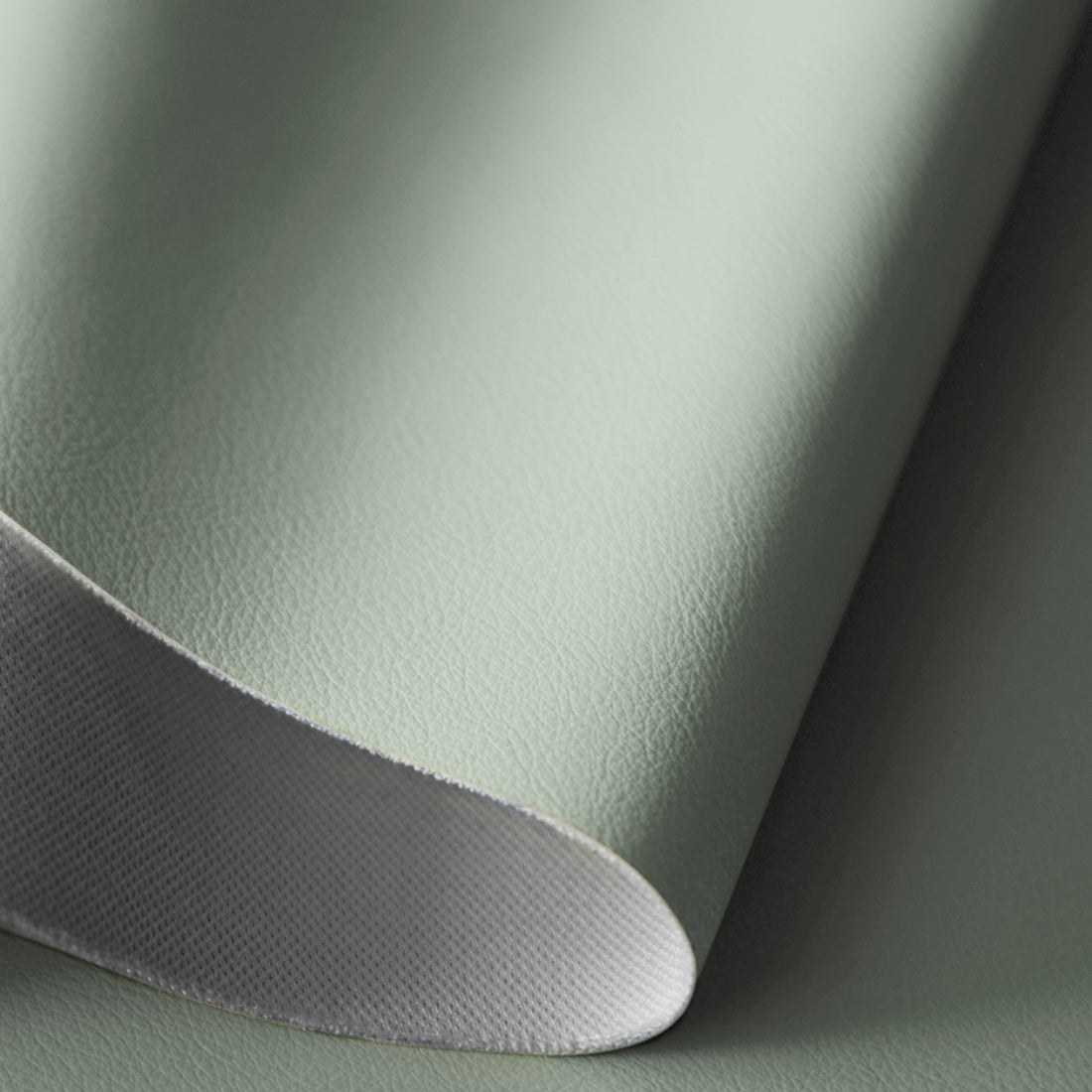
“Someone’s trash is someone else’s treasure” rings true for von Holzhausen, a California material innovation company that wants to revolutionize how the industry thinks about agricultural waste.
Known for its bamboo-based leather alternative used in a Tesla concept for the Petersen Museum in Los Angeles, the company officially unveiled its latest innovation, Replant Leather, a plastic-free and plant-based leather alternative made from agricultural waste. No petrochemicals or toxic gasses are used to produce the non-viscous fiber-based material.
The company focuses on “inputs being either recycled or plant-based, and Replant actually captures both of those goals and initiatives within the company,” said Vicki von Holzhausen, founder of the namesake company, adding that operating with a low carbon footprint is the firm’s “North Star.” “It’s kind of a culmination of a lot of our work and our beliefs.”
The raw material is sourced directly from Indian farming cooperatives where piles of plant waste cover the ground after harvesting. That waste would otherwise be burned, releasing CO2 into the air and toxins into the soil. Farmers collect and send the plant fibers to fiber suppliers who dispatch them to be spun into yarn via a non-viscous process. Mills knit the material and back it with pesticide-free organic cotton before scientists coat it with the company’s plant-based resin for durability.

“The way that we work is we have the boots on the ground partner that we work with for the waste materials. Today, it’s banana leaf waste; tomorrow, it might be another waste that’s close to our middle partners,” she said. “Basically we want to keep the supply chain carbon footprint very low. And we could use, let’s say corn husk leaves, whenever we can find those waste materials. So currently the cooperatives are building banana leaf fibers for us and if we get a big order, we might go to a different fiber source. It’s very flexible in the supply chain in order to meet the demand.”
Essentially, the agro waste Replant uses must be high quality, and available in large quantities. Replant’s inputs use zero land, water and energy, representing a milestone inv on Holzhausen’s commitment to create new materials that are not only innovative but also have impactful sustainability advancements. Replant releases two times less carbon emissions, three times less energy use and 60 percent less water than cotton. The leather alternative comprises over 80 percent plant-based materials and is the company’s most sustainable creation yet.
Link to the full article


